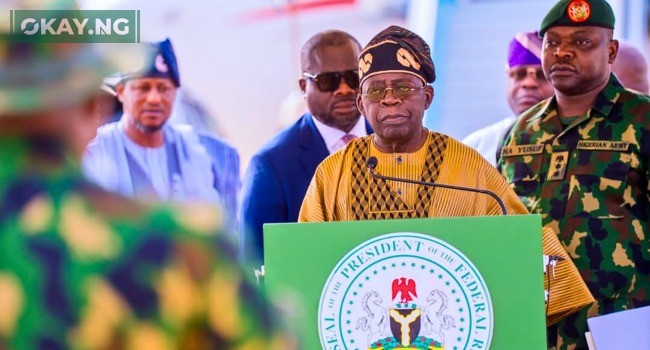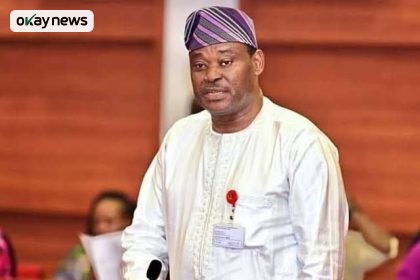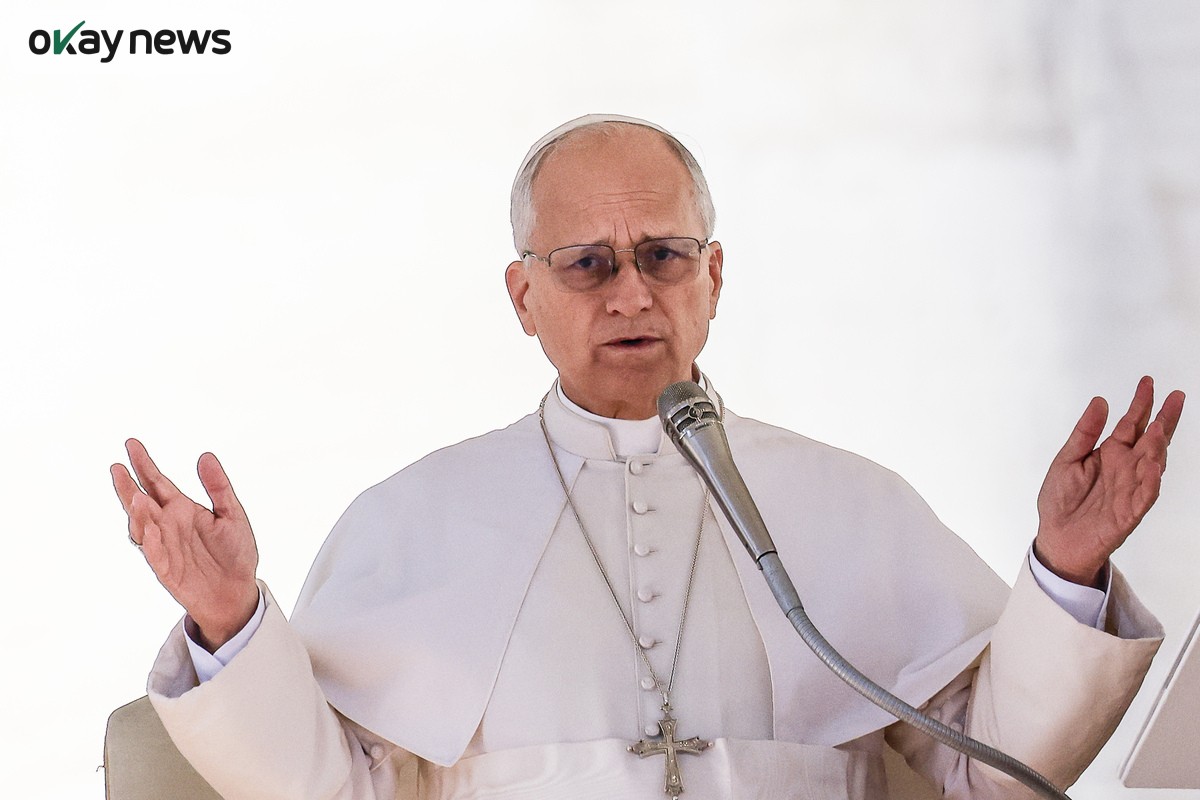The Special Assistant to President Bola Ahmed Tinubu on Social Media, Dada Olusegun, has provided a detailed clarification on the Federal Government’s upcoming tax reform bills, set for implementation in January 2026, dismissing what he described as “misinformation” being circulated by certain social media influencers, including Tunde Ednut.
In a statement issued on Thursday, Olusegun said it was important to restate the facts surrounding the reform to counter false narratives. He explained that the personal income tax system under the new law will operate on a progressive scale, ensuring that higher earners contribute more in taxes, while low-income earners pay less or none at all.
According to him, the breakdown of the proposed personal income tax rates is as follows:
First N800,000: 0% tax rate, exempting individuals earning below this amount from personal income tax.
Next N2.2 million: 15% tax rate.
Next N9 million: 18% tax rate.
Next N13 million: 21% tax rate.
Next N25 million: 23% tax rate.
Above N50 million: 25% tax rate.
Olusegun stressed that this structure is aimed at reducing the burden on low-income Nigerians while promoting fairness in wealth distribution.
On company income tax (CIT), he noted that the threshold for payment has been raised from an annual turnover of N25 million to N50 million. This adjustment, he said, will give small businesses more room to grow before becoming liable for tax.
“As President Tinubu stated, there is no need to tax the seed anymore in Nigeria; the fruit which has reached maturity is the goal,” Olusegun quoted the President as saying.
The aide further disclosed that the reform will also eliminate the era of multiple taxation, reducing “tens of taxes” imposed at different government levels to a single unit, thereby lowering the burden of excessive and unnecessary taxation.
Olusegun described the reform as a “game-changer” in Nigeria’s fiscal policy, saying it is designed to protect low-income earners, ensure that wealthy citizens pay their fair share, redistribute wealth, reduce inequality, accelerate growth, and help bring down inflation.
“We are decades behind on this journey, and no one will discourage us now—especially not fake news merchants like Tunde Ednut and his ilk,” he said, warning citizens not to fall for misleading narratives about the tax reform.
The new tax regime is expected to mark a significant shift in Nigeria’s economic policy, with the administration positioning it as a critical tool for driving inclusive growth and addressing the country’s long-standing revenue challenges.







